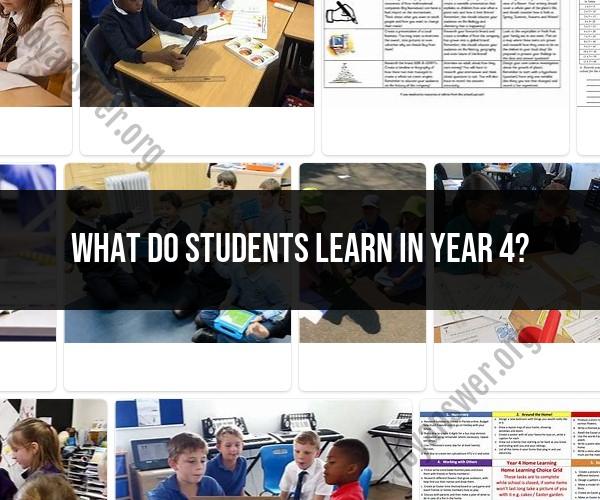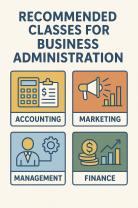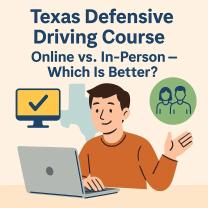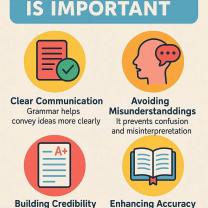What do students learn in year 4?
The curriculum for students in Year 4, which is typically around 8-9 years old, can vary depending on the country and educational system. However, here's a general overview of what students might learn in Year 4 across different subjects:
1. English Language Arts (ELA):
- Reading comprehension and analysis of more complex texts.
- Expanding vocabulary and understanding figurative language.
- Writing paragraphs and short essays with a clear introduction, body, and conclusion.
- Learning about grammar, including sentence structure and punctuation.
- Spelling and handwriting improvement.
2. Mathematics:
- Multiplication and division with larger numbers.
- Fractions and decimals, including addition and subtraction.
- Introduction to basic geometry and measurement.
- Problem-solving and critical thinking skills.
- Data analysis and interpretation.
3. Science:
- Exploring topics in life sciences (e.g., ecosystems, plant and animal adaptations).
- Introduction to physical sciences (e.g., matter, energy, forces).
- Hands-on experiments and scientific inquiry.
4. Social Studies:
- Studying local and regional geography and history.
- Introduction to government and civics.
- Learning about different cultures and communities.
- Basic map reading and research skills.
5. Art and Music:
- Developing creativity through various art projects.
- Learning to play musical instruments or participating in a school choir.
- Exploring different forms of artistic expression.
6. Physical Education (PE):
- Developing physical fitness and coordination.
- Participating in team sports and physical activities.
- Learning about the importance of a healthy lifestyle.
7. Foreign Language (if applicable):
- Basic vocabulary and phrases in a foreign language.
- Cultural awareness and exposure to different languages and cultures.
8. Computer Literacy:
- Basic computer skills and keyboarding.
- Introduction to simple coding and digital tools.
9. Social and Emotional Learning (SEL):
- Developing interpersonal skills, empathy, and conflict resolution.
- Building self-awareness and emotional regulation.
10. Critical Thinking and Problem Solving:- Encouraging students to think critically, ask questions, and solve problems across all subjects.
Remember that the curriculum may vary from school to school and country to country. Teachers often tailor their lessons to meet the needs and interests of their students while adhering to educational standards and objectives.












